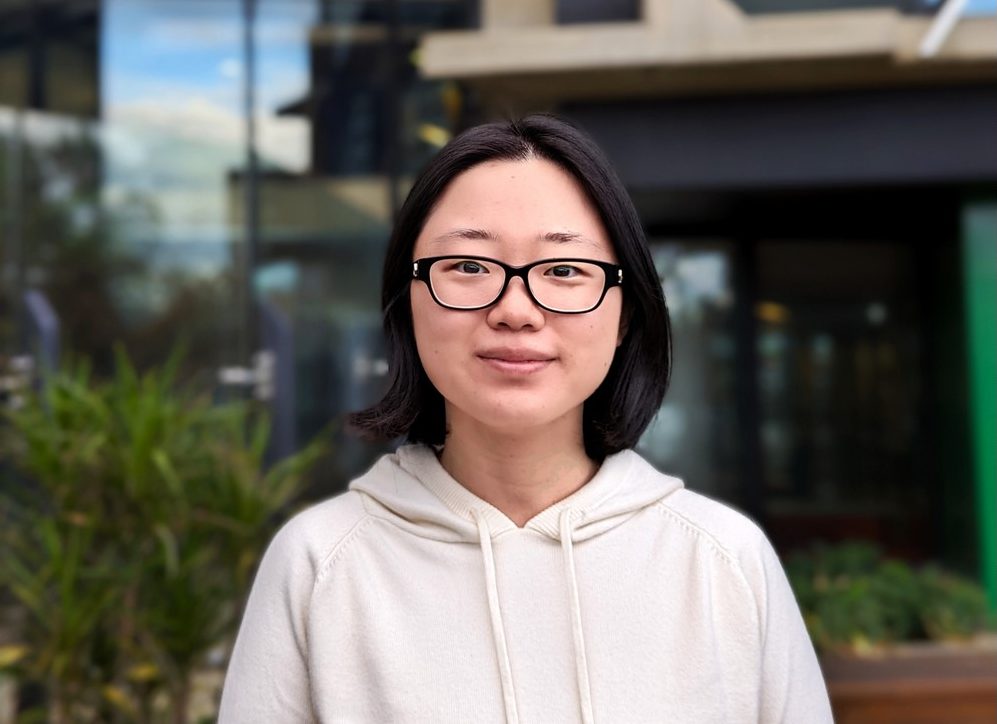
Ms Xinyi Wang is a Foundation-funded researcher who works at the University of Tasmania’s Wicking Dementia Research Education Centre. She is actively researching new approaches to detecting dementia.
What made you want to get into medical research?
I completed a Bachelor of Biomedicine degree that introduced me to various clinicians and researchers, broadening my exposure to the field. Subsequently, I pursued a master's degree in information technology, leveraging my expertise in biomedicine and artificial intelligence. This unique blend of disciplines enables me to harness cutting-edge computer technologies in medical research.
What is the most rewarding thing about being a medical researcher in Tasmania?
The Tasmanian population is strongly willing to actively participate in research. This abundance of data from the Tasmanian population enables us to efficiently conduct robust and comprehensive large-scale analyses at the population level.
How has the funding of the Royal Hobart Hospital Research Foundation helped you achieve your research goals?
Thanks to the Foundation’s grant funding, our research team can delve into the study of late-onset Essential Tremor (LO-ET), a condition characterised by the development of tremors in adults aged 60 and above. This specific type of tremor shows promising potential as an indicator of dementia risk. The funding from Foundation presents us with a valuable opportunity to objectively assess the hand motor function of individuals with LO-ET and compare its characteristics with other types of tremors, such as Parkinson's tremors. Additionally, we aim to investigate the association between LO-ET and the risk of developing dementia.
What research project do you have planned next?
Upon understanding the distinct characteristics of LO-ET, we can develop online hand motor tests that specifically evaluate types of hand movements or functions. By implementing these tests online, we can overcome geographic limitations and ensure accessibility for individuals residing in rural areas. Furthermore, since hand movement tests transcend language and cultural barriers, they can potentially be utilised globally, benefiting individuals worldwide.
Your donations to the Foundation can continue to support ground-breaking research into dementia. Donate today online, or by calling our office on (03) 6166 1319.